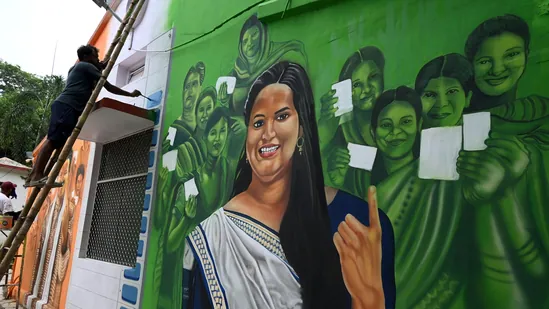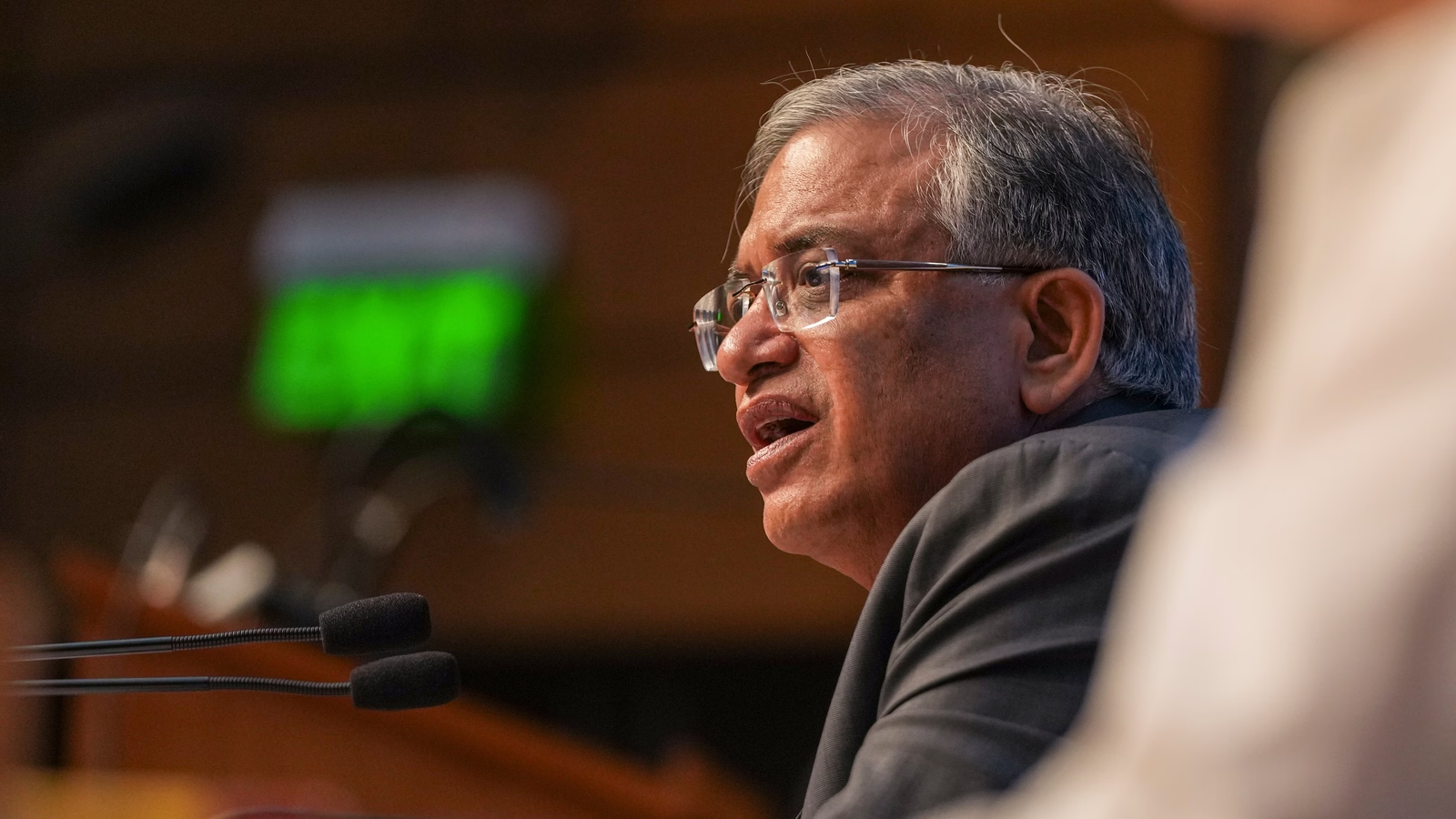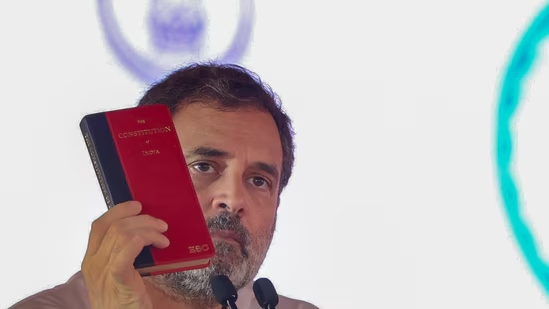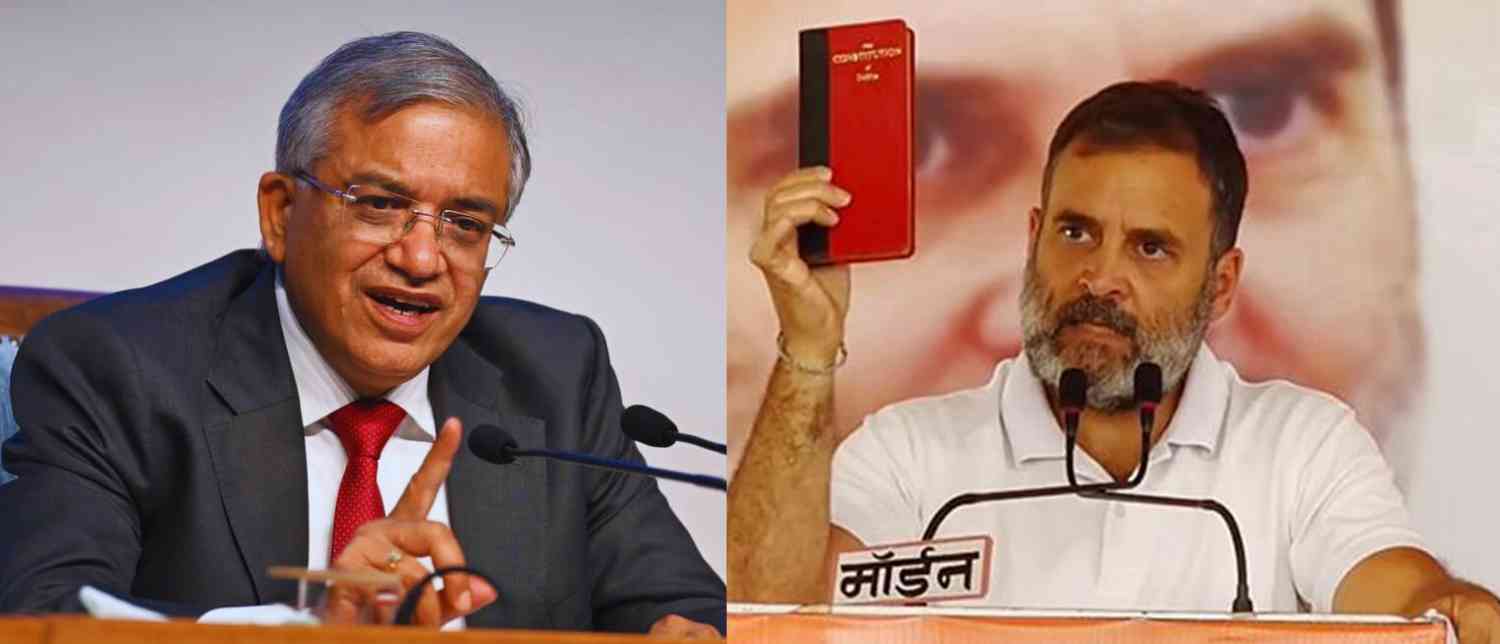In 2025, Bihar is undergoing a significant process called the Special Intensive Revision (SIR) of its electoral rolls ahead of the Assembly elections. The SIR is meant to ensure that only eligible voters are on the list so that the democratic process remains fair. However, for many ordinary people, this revision has been a complicated journey filled with challenges and small victories.

One major challenge is the demand for official documents. To get their names on the voter list, many had to submit documents such as Aadhaar cards, voter ID cards, photographs, and caste certificates. For daily wage workers and farmers, gathering these papers is not easy. Phool Kumari Devi, a landless daily wage laborer from Katihar, lost two days’ wages—around Rs 1,000—because she had to travel far to get a passport photo and the time taken meant she missed working days. She even had to sell part of her ration rice to pay for the photo, going without food for a day. Her story reflects how paperwork, something that may seem simple to some, causes real hardship for poor families relying on daily income just to survive.
For migrant workers, the SIR process posed even bigger problems. Many migrate seasonally for work and missed registration deadlines because they were away from their home villages during the critical registration period. Others lacked the required documents due to theft or loss. Community leaders like Tuntun Rishi tried to help by collecting forms and assisting villagers to fill them out correctly, using whatever supporting documents they could find and negotiating with electoral officials. Still, many from vulnerable communities could not fully participate, fearing exclusion from the voter lists and a loss of their political voice.

Data shows a deeper problem: nearly 20 lakh first-time voters have been left off the draft electoral rolls, and the final number of excluded people may reach 1.5 crore due to procedural hurdles and strict documentation requirements. These numbers represent a significant portion of Bihar’s population and raise concerns about disenfranchisement and democratic fairness.
Despite difficulties, success stories have emerged. Some villagers and migrant workers managed to navigate the system by forming strategies, seeking help from local authorities, and using online registration options introduced for out-of-state residents. This increased awareness and participation highlight the importance of accessible and clear processes so everyone can exercise their right to vote without losing wages or facing confusion.
The Bihar SIR drive shines a light on a broader reality: the paperwork and formalities of democracy’s machinery often place a heavy burden on marginalized people who live day-to-day on uncertain incomes. The journey to being included in the voter list is not just about forms; it’s about survival, identity, and having a voice. For many, the struggle reveals inequalities in accessing government processes, while the successes offer hope for more inclusive and aware communities.

In conclusion, Bihar’s experience with the SIR process teaches us the need to balance strict electoral integrity with compassion and practical support for vulnerable populations. Simplifying document requirements, providing local assistance, and respecting the realities of daily wage earners and migrants could help reduce lost wages and paper struggles in future exercises. The right to vote remains a cornerstone of democracy, but it must be protected by systems that understand and serve every citizen, no matter how small their daily means.
With inputs from agencies
Image Source: Multiple agencies
© Copyright 2025. All Rights Reserved. Powered by Vygr Media.






















